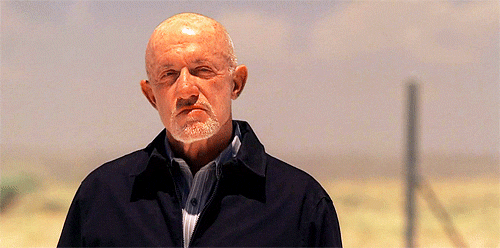In the case of what they are apparently looking to do (and what airlines do), they aren't pricing at a premium for a better experience. They are pricing at a premium when there is higher demand. Anybody would rather fly on a plane that is 1/3 empty so that you have a chance of getting an empty seat next to you. The fares for the more desirable flight are cheaper because they are trying to get more people to purchase and get more revenue. For the sold out flight, the capacity is filled so the goal is to charge as much as possible for those tickets to maximize revenue.
The goal of this pricing "proposal" doesn't seem to be to spread the crowds out. It seems to be about revenue maximization. For example, if a busy day sells 30,000 tickets (single day for simplicity) at $105, that's $3.15 million in revenue. If they only sell 27,000 tickets at $125, that's $3.375 million. They don't care if those 3,000 people go another day. In fact, Disney would probably prefer that they didn't. They have increased revenue by $225,000 but have to serve 3,000 less people.









